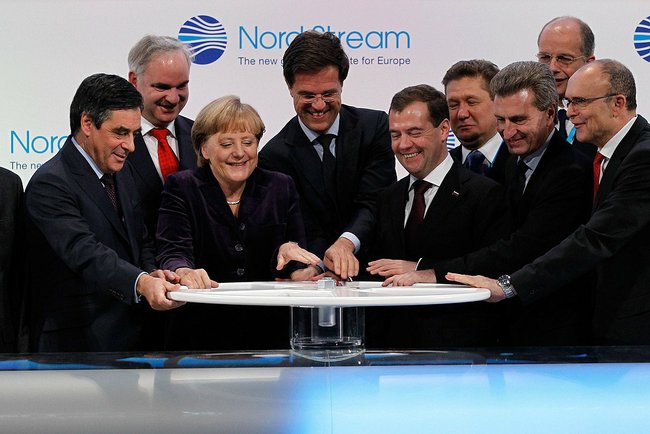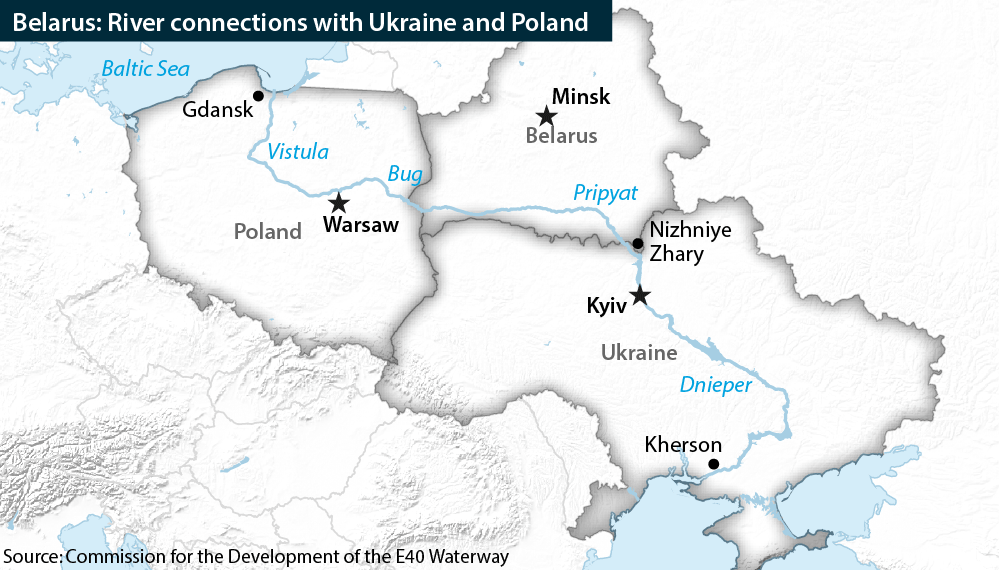The European Union relies on Russian natural gas with 41% of the EU gas imports coming from Russia. Reducing this dependance would weaken Russia’s influence over the continent, while purchasing gas from different suppliers would diversify Europe's energy market, which could increase the global gas production and reduce prices. On the other hand, it gives an opportunity to invest more heavily in renewable energy.
As the Russian invasion of Ukraine enters its eighth week, the international community has continued to support Ukraine.
The United States, Canada, the European Union, NATO, the United Kingdom, Australia, Japan, and others have imposed sanctions on the Russian Federation. This has ranged from removing some of Russia’s banks from SWIFT to freezing the assets of Russian oligarchs and politicians. The Russian Federation was kicked out of numerous international organizations. Finally, several countries have barred Russian aircraft from entering their airspace.
These countries have also provided humanitarian, medical, and defense assistance to Ukraine. But as they continue to send aid to Ukraine, several of these countries are indirectly supporting Russia’s war. Unbeknownst to some, numerous European countries are continuing to buy Russian gas. The money received for these gas purchases are being used to finance Russia’s invasion of Ukraine.
Europe’s reliance on Russian gas is no secret. The European collective imports 41% of its natural gas from Russia. This dependence on Russian gas was most apparent during the 2021 gas crisis.
Given Europe’s reliance on Russian gas and the ongoing Russian invasion of Ukraine, the European continent would be wise to reduce its natural gas intake from Russia. Easing its energy dependence on the Russian Federation would present Europe with many benefits.
If the EU purchased gas from other countries, such as Saudi Arabia and the United States, this would diversify Europe’s energy market. Buying gas from different suppliers would increase the global production and supply of gas. This would lower gas prices in Europe.
In response, the EU should construct the infrastructure needed for green alternatives. Establishing a baseline on renewable energy, and having the necessary infrastructure for these energy alternatives, would reduce Europe’s energy dependence on Russian gas. Pursuing this option would lead to new job opportunities as it would employ millions of Europeans to construct these energy alternatives, such as solar panels and windmills. It would also provide a new source of revenue for Europe. This would help boost the European economy in the post-COVID market.
Finally, Europe’s graduate shift from fossil fuels to alternative energy sources would see the EU reduce its carbon footprint. Cutting back on carbon emissions would lead to a cleaner and healthier environment. The reduction of air pollutants would improve air quality in Europe (and the globe), and it would enhance the quality of life for humans and wildlife around the world.
Using clean energy sources would also lessen the negative impacts of global climate change. Switching to alternative energy sources would help protect the environment as it would limit the damage caused to various ecosystems when tapping gas reserves and constructing new pipelines.
Overall, there are many benefits to reducing Europe’s natural gas consumption.
- First, it would prevent the Russians from establishing an energy monopoly over the European continent. Payments made for Russian gas are indirectly used to finance Russia’s unprovoked war in Ukraine.
- Second, switching from fossil fuels to clean energy would present new job opportunities and sources of revenue for Europeans. It would also reduce Europe’s carbon footprint.
- Finally, limiting the use of fossil fuels would slow the rate of global climate change. This would have an important impact on the environment.
Given the effect of natural gas on the environment, it should be humanity’s responsibility to care for the planet. Investing in clean energy and reducing the consumption of fossil fuels would be an essential and necessary step in protecting the globe.
Mark Temnycky is an accredited freelance journalist covering Eastern Europe and a nonresident fellow at the Atlantic Council’s Eurasia Center.
Read more:
- US slaps embargo on Russian oil and gas. Will Europe follow suit?
- Naftogaz files complaint with European Commission over Gazprom “abusing dominant position” on European gas market (2021)
- The West’s purchases of gas from USSR prolonged our occupation by 10 years — Estonian Ambassador to Ukraine
- The secret Soviet council which established the Kremlin’s gas monopoly on Europe
- Nordstream2 opens road for Russian offensive in Ukraine, subjects EU to gas wars – Energy panel at Kyiv Security Forum (2018)
- Russia’s March-2018 gas war attempt against Ukraine, explained





